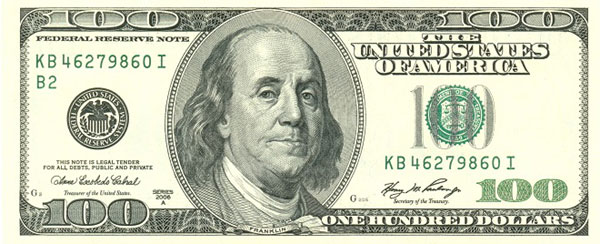Tuesday, 13 October 2015 19:51
 NEW YORK: The dollar hit three-week lows on Tuesday and commodity-linked currencies fell hard as disappointing Chinese import data fed worries about the global economy and raised bets the Federal Reserve would not raise US interest rates until 2016.
NEW YORK: The dollar hit three-week lows on Tuesday and commodity-linked currencies fell hard as disappointing Chinese import data fed worries about the global economy and raised bets the Federal Reserve would not raise US interest rates until 2016.
The pound shed as much as 1 percent against the dollar and touched a five-month low against the euro after domestic inflation turned negative again.
In contrast, the Swedish crown rose to a near four-month peak versus the greenback as domestic consumer prices grew for the first time in four months in September.
“The market is worried about commodity demand in China.
We saw early weakness in most commodity prices,” said Thierry Albert Wizman, global interest rates and currencies strategist at Macquarie Ltd. in New York. The 19-commodity Thomson Reuters/Core Commodity CRB Index , a global benchmark for commodities, fell 0.1 percent before turning up 0.55 percent with a rise in oil prices .
Data showed Chinese imports fell 20 percent in the year through September, underscoring falling domestic demand that raises pressure on Beijing to introduce more stimulus.
That knocked the Australian dollar off a two-month high, to trade more than 1 percent lower at $ 0.7263.
The New Zealand dollar was also down 0.5 percent at $ 0.6682.
China is a huge export market for Australia and the Australian dollar is used as a proxy for investments to China.
Anxiety about the world’s second-biggest economy had pushed the dollar to three-week lows against a basket of currencies as expectations faded that the US central bank will raise rates later this year.
The dollar index, which tracks the US currency against a basket of six major currencies, hit a three-week low of 94.539 before retracing much of the decline to be fractionally higher at 94.873.
The dollar was down 0.1 percent at 119.845 yen, while the euro rose to $ 1.14110, a three-week peak, before easing to $ 1.1365, according to EBS data.
The euro retreated from its earlier peak after the ZEW survey of German economic sentiment fell short of forecasts due to the Volkswagen scandal and weakness in emerging markets.
The euro, though, rose to a five-month high against the British pound, as September’s surprise fall in UK consumer prices dampened the positive impact for the pound from the confirmation of the 69 billion pound ($ 100 billion) SABMiller/Anheuser-Busch InBev merger.
Sterling was 0.8 percent weaker against the dollar and hit an eight-month low against the euro.




























